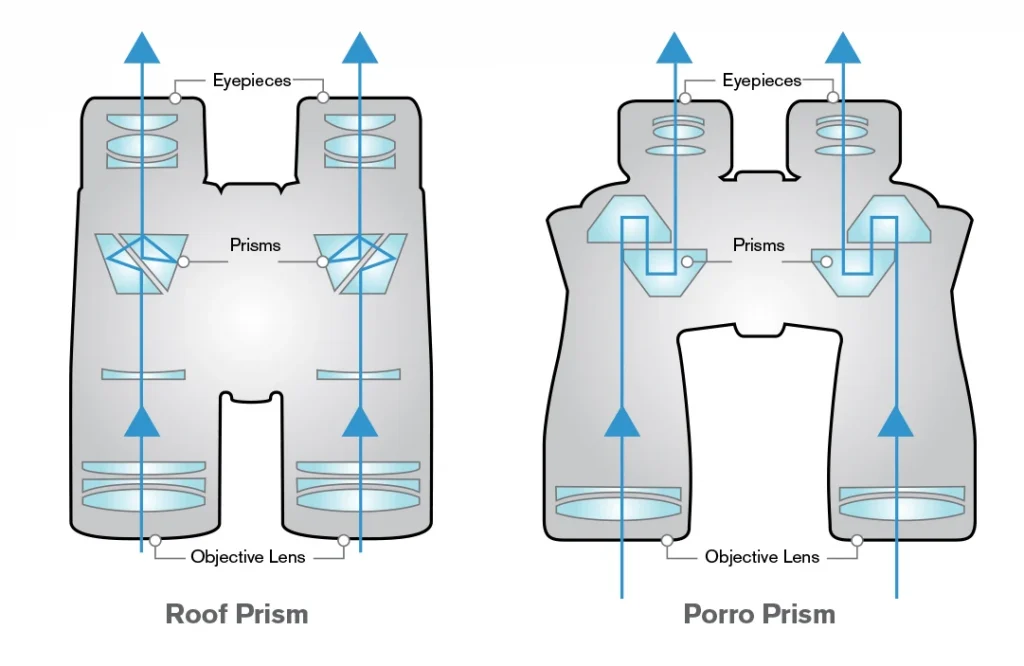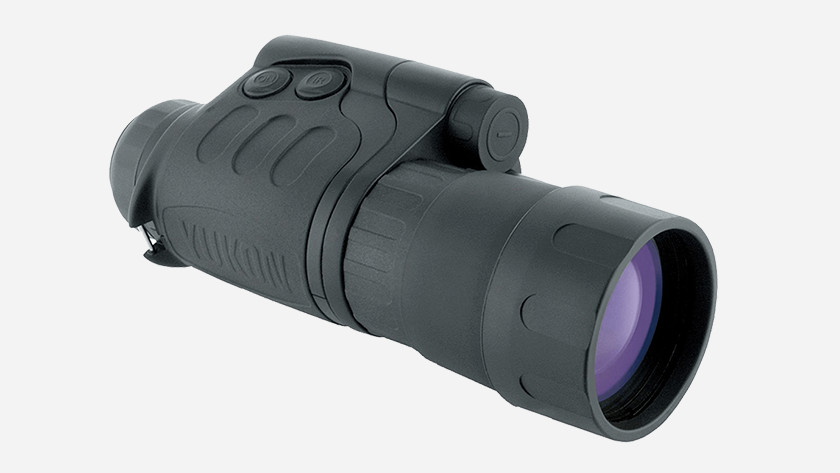The Importance of Binoculars in Education And Learning and Scientific Research Study: How These Optical Instruments Add To Knowing and Expedition
The integration of field glasses into academic setups and clinical study is frequently ignored, yet their contribution to boosting empirical abilities is substantial. In techniques varying from ecological scientific research to astronomy, field glasses serve as necessary devices that advertise query and important reasoning.
Enhancing Observational Abilities
In academic and research study setups, the usage of field glasses substantially improves observational skills among students and experts alike. These optical tools facilitate a much deeper understanding of distant subjects, making it possible for users to observe details that would certainly or else continue to be hidden. By utilizing binoculars, students can check out wild animals, astronomical sensations, and geological developments, cultivating a much more profound link to the subject.
Field glasses work as crucial devices in field studies, urging trainees to engage proactively with their atmosphere. Via improved observation, they can collect data better, causing enhanced logical abilities. This hands-on experience permits for the advancement of critical reasoning, as students have to translate what they see and relate it to academic understanding.

Bridging Theory and Method
Empirical abilities developed through using field glasses naturally bring about a more extensive assimilation of academic knowledge with useful application. By taking part in straight monitoring, learners can change abstract ideas right into substantial experiences. This harmony fosters a deeper understanding of scientific principles as trainees attach academic structures with real-world sensations.
For circumstances, when examining bird biology, pupils can use their expertise of bird makeup and actions via the lens of field glasses, observing traits such as plumage variation, feeding habits, and migratory patterns. This direct engagement not only reinforces theoretical concepts but also grows critical thinking and logical abilities.
In addition, the usage of field glasses motivates learners to formulate hypotheses based on their observations, thereby boosting their clinical query skills. They can actively examine these theories in the area, bring about a much more experiential knowing environment that promotes inquisitiveness and expedition.
Basically, binoculars work as an essential device in bridging the void between class discovering and fieldwork - Binoculars. They empower students to become energetic participants in their education and learning, encouraging an all natural method to understanding the environment and its complexities. Hence, the combination of concept and method is crucial for promoting educated and engaged students
Applications in Environmental Science
Making use of binoculars in ecological scientific research improves the capacity to observe and evaluate communities with better accuracy. These optical instruments are essential for performing field researches, enabling researchers to monitor wildlife populaces, assess plant health and wellness, and review habitat conditions without interrupting the native environment. Binoculars promote the recognition of species at various ranges, permitting scientists to gather vital information on biodiversity and actions.
In environmental study, binoculars are important devices for ornithologists researching bird behavior and migration patterns. They allow researchers to tape observations over extended periods, adding to useful longitudinal researches - Binoculars. In addition, field glasses play a vital role in habitat assessments, as they permit the in-depth observation of plant areas and their interactions within ecosystems
Ecological instructors likewise gain from field glasses, as these tools boost experiential understanding possibilities. Pupils can involve straight with their surroundings, fostering a much deeper admiration for eco-friendly systems. By including field glasses into curricula, instructors can motivate the following generation of ecological scientists.
Role in Astronomy Education And Learning
The usage of field glasses in astronomy education and learning offers an available portal for trainees and lovers to explore celestial sensations (Binoculars). Unlike big telescopes, binoculars are mobile, straightforward, and fairly inexpensive, making them a perfect introductory tool for observing the evening sky. Students can conveniently engage with the cosmos, cultivating a hands-on understanding experience that improves their understanding of astronomical principles
Field glasses allow customers he said to observe a range of celestial things, including the Moon, planets, and galaxy. This ease of access urges expedition and monitoring, crucial components of scientific questions. Trainees can create important skills such as information collection, observation strategies, and even standard astrometry. Importantly, field glasses work as a bridge to extra complicated expensive instruments, giving foundational experiences that can trigger much deeper rate of interest in the area.
In educational settings, assisted binocular sessions can advertise group partnership and conversation, enhancing the discovering experience. The common experience of observing celestial spheres can cultivate a feeling of community among learners. Overall, field glasses play an important duty in debunking astronomy, making it approachable and engaging for individuals in any way degrees of education and learning.

Motivating Curiosity and Query
Field glasses not only assist in the monitoring of celestial phenomena yet likewise stir up a sense of interest and questions among students. By supplying a more detailed take a look at distant items, field glasses encourage learners to ask concerns and discover the setting around them. This tool transforms passive discovering into an energetic, interesting experience, cultivating a deeper understanding of scientific concepts.
When trainees use field glasses to observe wild animals, landscapes, or huge things, they develop observational skills that are important for clinical questions. The act of concentrating on certain information triggers them to create hypotheses, conduct examinations, and investigate this site attract verdicts based upon their monitorings. This procedure not just improves their critical thinking abilities but also nurtures a long-lasting interest for expedition.
In addition, field glasses can bridge the void in between theoretical understanding and real-world application. Eventually, the use of binoculars in educational settings serves as a driver for curiosity, encouraging pupils to go after knowledge with excitement and promoting a top article feeling of wonder about the globe around them.
Conclusion
In recap, binoculars offer as vital tools in education and learning and scientific research study, considerably boosting observational abilities while bridging the void in between theoretical knowledge and functional application. Their diverse applications in fields such as environmental scientific research and astronomy highlight their significance in cultivating curiosity and query among trainees. By facilitating in-depth examinations of far-off subjects, field glasses not only influence the future generation of scientists however additionally cultivate an extensive admiration for exploration and the clinical approach.